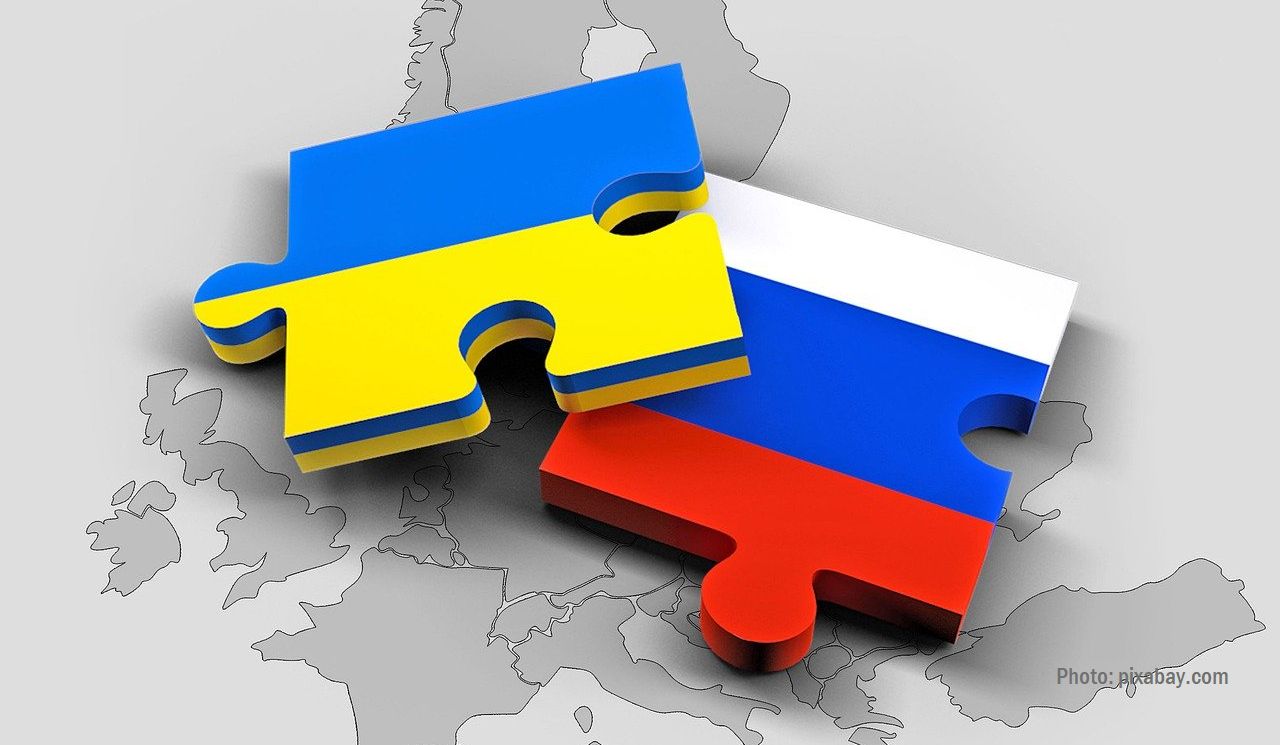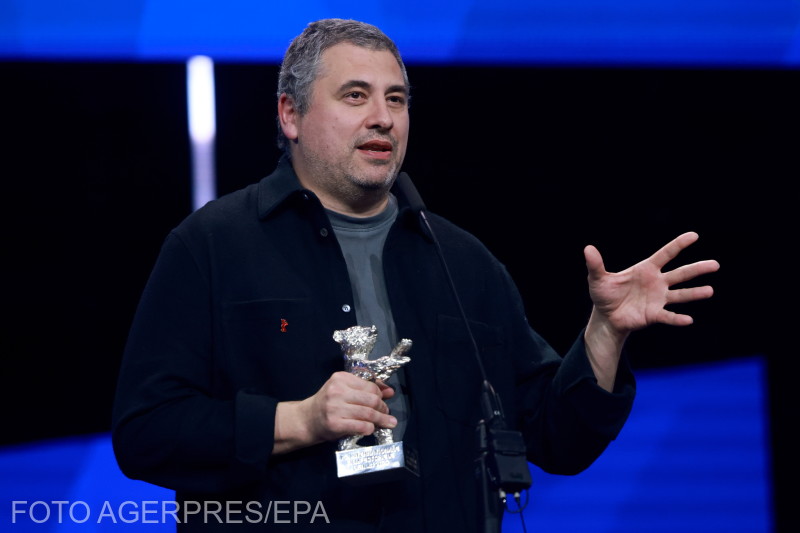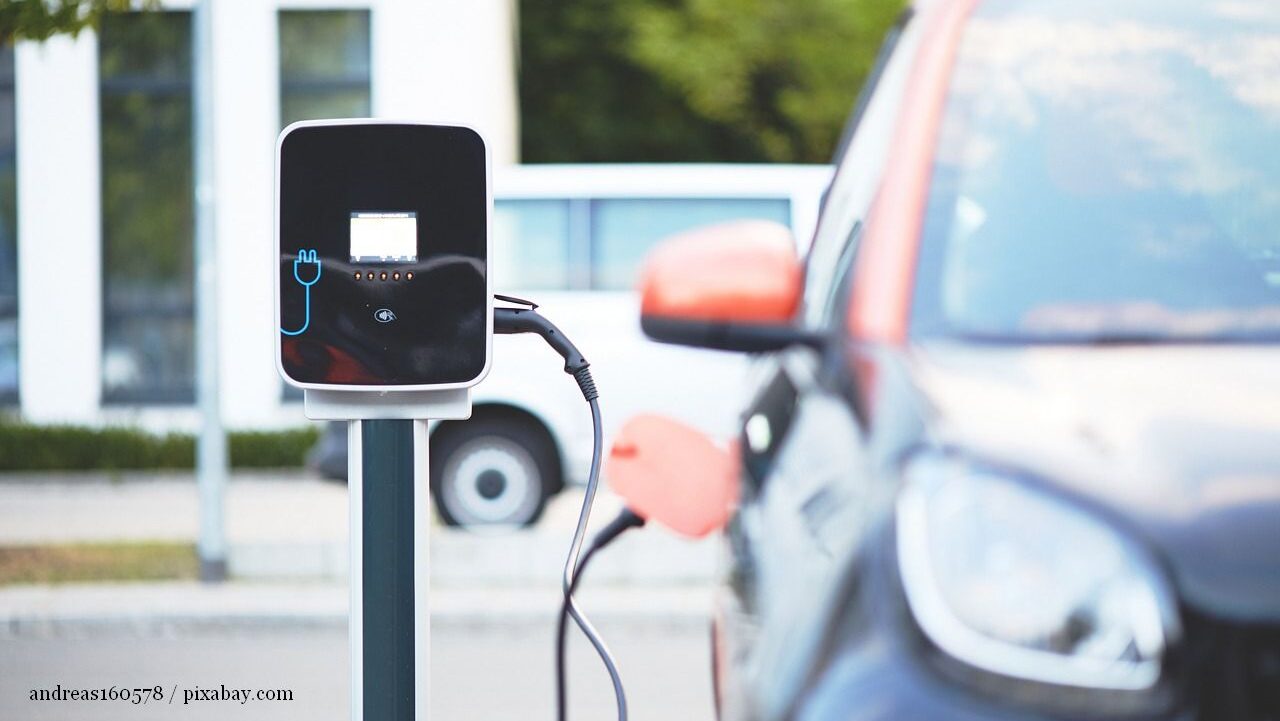The Great Centennial Assembly in Chisinau
A centennial assembly was held in Chisinau on Sunday, to mark 100 years since Bessarabia joined the Kingdom of Romania
Roxana Vasile, 26.03.2018, 14:16
March 27,1918 is a great day in the history of Romania. At that time, Bessarabia, a province with a Romanian-speaking majority that had been under Tsarist occupation for 106 years, joined the Kingdom of Romania. The Soviet Union re-annexed part of the province, further to a 1940 ultimatum, and some of its territory is todays Republic of Moldova.
On Sunday, ahead of the celebration of 100 years since the Union, thousands of Romanians from each side of the border took part in an event called the Great Centennial Assembly, and adopted a declaration in which they committed to contributing to the rebuilding of the Romanian nation-state within its previous borders. Among the participants were the mayors of 140 localities in the Republic of Moldova, who have recently signed declarations of union with Romania.
One of them is Vladimir Susarenco, of Sadova:“Today, now, there are more than 600 Sadova locals who want the union with Romania. How could they not, when they speak the Romanian language, share the Romanian culture, benefit from Romanian scholarships. The kindergarten in Sadova was refurbished on money from the Government of Romania.
Attending the event in Chisinau was also the former president of Romania Traian Basescu, as well as the Social Democrat Senator Titus Corlatean, who emphasised the importance of the union declarations signed by the 140 mayors.
Titus Corlatean: “They are important insofar as they are more than a symbolic gesture. Bucharest has always said: when you, the Romanians in Bessarabia and the Republic of Moldova, are ready for this, we will already be prepared. If the Romanian identity, under the Soviet regime, was trampled on, denied, perverted through the artificial creation of a Moldovan language and identity, separate from the Romanian ones, we say that these things should not be forgotten, and must be addressed.
But what do the common people of the Republic of Moldova feel? They are in favour of the union, but at the same time they are aware that the politicians in Chisinau will not take this measure soon. On the right side of the political spectrum, the Liberal Party, in opposition in Parliament, as well as many other civil organisations and parties from outside Parliament plead for re-unification.
The centrist government, in which the Democratic Party is the main partner, works towards Moldovas accession to the European Union, and, although it does not share the unionist goal, has excellent relations with Bucharest and cold ones with Moscow. Conversely, the heirs of the former communist party and the Socialists that back the pro-Russian president Igor Dodon, make no secret of their plans to bring the country back into Moscows orbit.
In this context, for the time being, the only solution is to constantly reiterate the pro-Western beliefs of Moldovans, the poorest citizens in Europe. Their accession to the EU and NATO, supported by Bucharest, may secure their freedom and well-being.(Edited by D. Vijeu)































